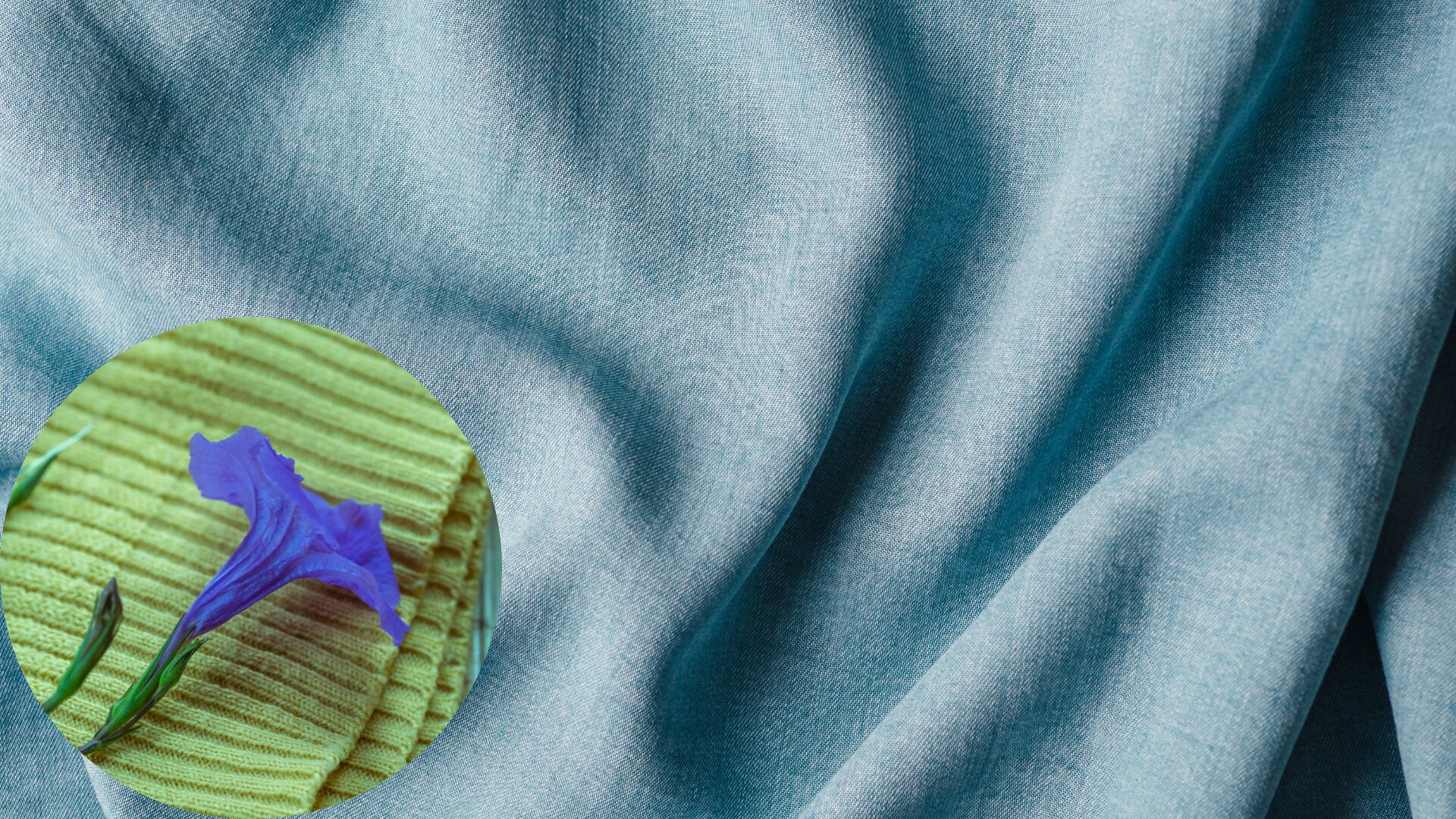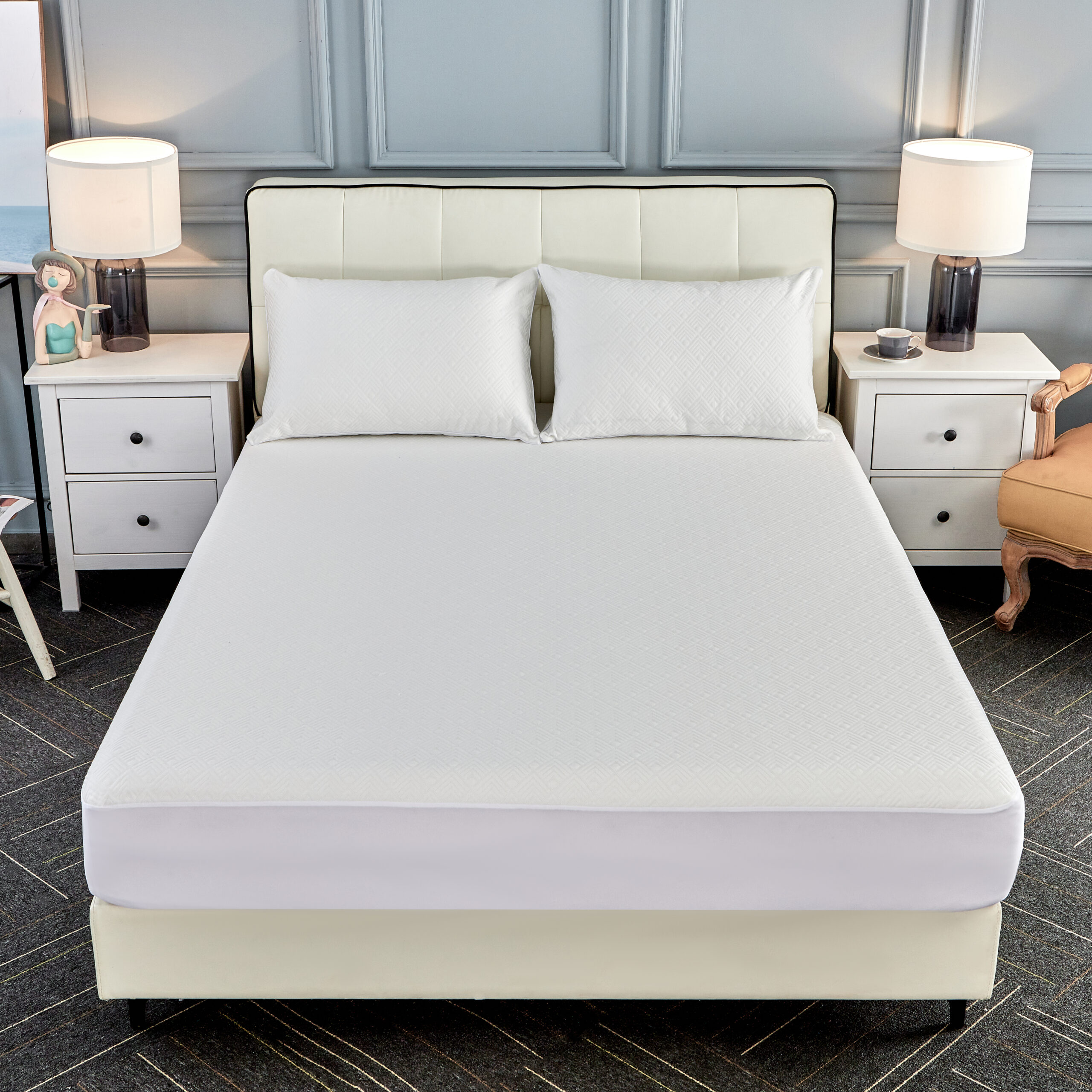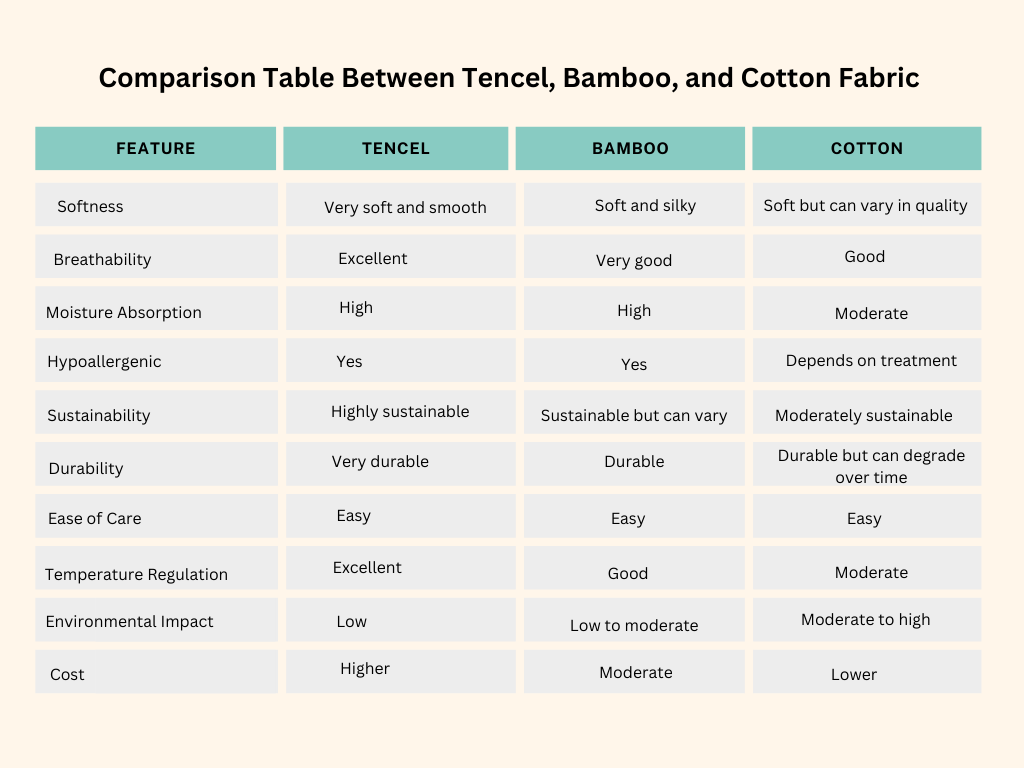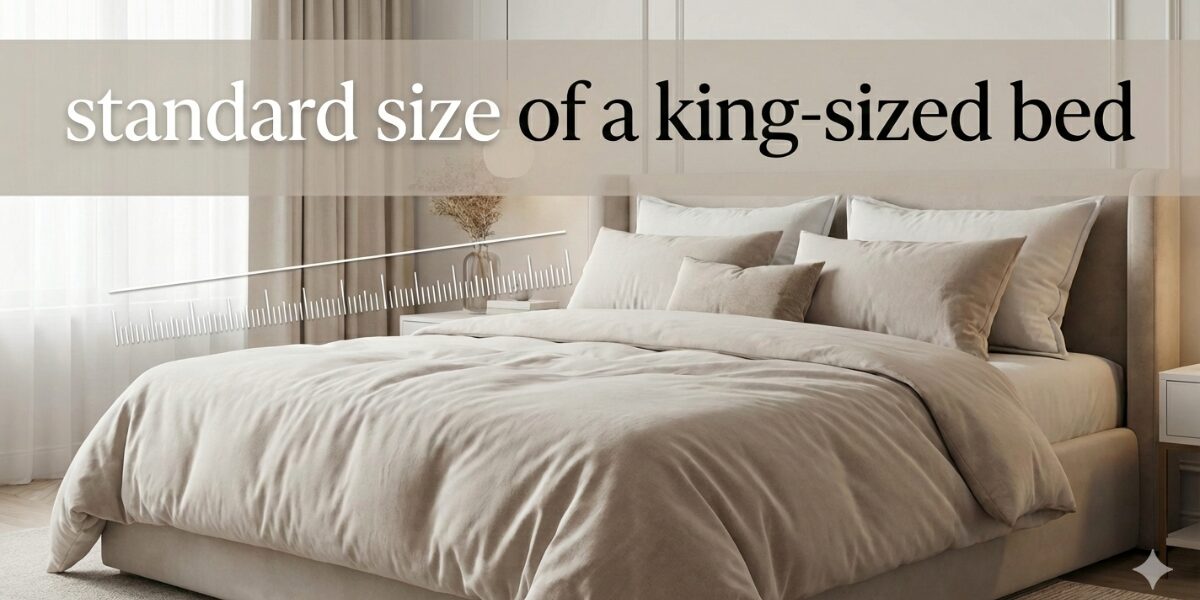Why is Tencel Fabric a Good Choice for Bedding?

Have you ever wondered what makes Tencel fabric a popular choice for bedding? If you’re looking to upgrade your bedding for a better night’s sleep, Tencel might be the perfect option. Known for its luxurious softness, breathability, and eco-friendly nature, Tencel offers a host of benefits that make it stand out from other fabrics. Whether you struggle with night sweats or have sensitive skin, Tencel provides the comfort and durability you need. In this blog, we’ll explore what Tencel fabric is, its various uses, and the top reasons why it’s an excellent choice for bedding. Get ready to discover why so many people are making the switch to Tencel for a more restful and sustainable sleep experience.
What is Tencel Fabric?
Tencel fabric, also known as lyocell, is a type of cellulose fiber made from wood pulp, usually from eucalyptus, beech, or spruce trees. The process of making Tencel is environmentally friendly, using a closed-loop system that recycles water and solvents. This results in a sustainable and biodegradable fabric that’s gentle on the planet.
Tencel is renowned for its silky smooth texture, which feels exceptionally soft against the skin. It’s also highly breathable, allowing for excellent moisture management and temperature regulation. This makes it ideal for bedding, as it helps keep you cool and dry throughout the night. Additionally, Tencel is naturally hypoallergenic and resistant to dust mites, making it a great choice for people with allergies or sensitive skin. Its durability and strength ensure that Tencel bedding will last for years, maintaining its quality and comfort over time.
Uses of Tencel Fabric
Tencel fabric is incredibly versatile and is used in a variety of products due to its unique properties. Here are some common uses of Tencel fabric:
- Bedding: Tencel is a popular choice for bed sheets, pillowcases, and duvet covers because of its softness, breathability, and moisture-wicking abilities.
- Clothing: Tencel is often used in making clothing such as dresses, shirts, and activewear. Its ability to absorb moisture and its gentle feel on the skin make it ideal for everyday wear.
- Towels: Tencel is used in bath towels and washcloths due to its high absorbency and quick-drying properties, providing a soft and effective way to dry off.
- Home Textiles: Tencel can be found in home textiles like curtains, upholstery, and cushions, adding a touch of luxury and durability to home decor.
- Baby Products: Because it’s hypoallergenic and gentle, Tencel is a common choice for baby clothes, blankets, and bedding, ensuring comfort and safety for sensitive baby skin.
- Athletic Wear: Tencel’s moisture-wicking and breathable qualities make it a great material for sportswear and activewear, helping to keep athletes comfortable during workouts.
- Medical Textiles: Tencel is used in medical textiles, such as bandages and wound dressings, because it is soft, absorbent, and gentle on the skin.
- Eco-friendly Products: Given its sustainable production process, Tencel is used in various eco-friendly products, appealing to environmentally conscious consumers.
These diverse uses of Tencel fabric highlight its adaptability and the many benefits it offers across different applications, making it a valued material in various industries.
Also Read: Are Height Adjustable Desks Worth it?
Top 10 Reasons Why Tencel Fabric is a Good Choice for Bedding
Tencel fabric has emerged as a favored material for bedding due to its unique combination of comfort, sustainability, and practical benefits. Here’s an extensive look at why Tencel is an excellent choice:
Softness and Comfort
Tencel fabric is celebrated for its exceptional softness and luxurious feel. Made from cellulose fibers derived from sustainably harvested wood pulp, such as eucalyptus or beech trees, Tencel undergoes a meticulous production process that results in fibers finer than silk. This smooth texture not only enhances tactile comfort but also promotes relaxation and deeper sleep. The softness of Tencel makes it particularly appealing for bedding, as it envelops you in a gentle embrace, providing a cozy sanctuary to unwind after a long day.
Breathability
One of Tencel’s standout qualities is its outstanding breathability. The structure of Tencel fibers allows for optimal airflow, which helps regulate body temperature during sleep. This breathability prevents overheating by efficiently wicking moisture away from the body, allowing sweat to evaporate quickly. As a result, Tencel bedding remains cool and dry, even in humid conditions, ensuring a comfortable sleep environment year-round. By maintaining a balanced temperature throughout the night, Tencel supports uninterrupted sleep cycles and reduces the need for tossing and turning to find a cooler spot on the bed.
Moisture Absorption
Tencel fabric excels in moisture absorption, absorbing moisture more efficiently than cotton. The fibers have a unique capacity to absorb moisture into the interior of the fiber structure, rather than just on the surface. This property helps keep the bedding feeling dry and fresh, as excess moisture is drawn away from the skin. For individuals prone to night sweats or hot flashes, Tencel bedding provides relief by actively managing moisture levels, enhancing comfort and promoting a more restful sleep experience. The moisture-wicking ability of Tencel also contributes to its durability, as the fibers maintain their integrity and softness through repeated washings.
Hypoallergenic Properties
Tencel is naturally hypoallergenic, making it an ideal choice for individuals with sensitive skin or allergies. The smooth surface of Tencel fibers is less likely to irritate the skin, reducing the risk of itching or discomfort during sleep. Moreover, Tencel’s resistance to dust mites and bacteria adds to its hypoallergenic appeal, creating a cleaner and healthier sleep environment. By minimising exposure to allergens, Tencel bedding supports better respiratory health and improves overall sleep quality for allergy sufferers. This hypoallergenic nature makes Tencel an excellent option for children’s bedding, ensuring safety and comfort without compromising on performance or durability.
Environmental Sustainability
Tencel is celebrated for its eco-friendly credentials, offering a sustainable alternative to traditional bedding materials. The production of Tencel involves a closed-loop process, where solvents used in the production are recycled and reused, minimising waste and reducing environmental impact. The wood pulp used to create Tencel fibers is sourced from sustainably managed forests, ensuring responsible forestry practices and preserving biodiversity. Tencel is biodegradable, meaning it can naturally decompose without leaving harmful residues behind, further reducing its ecological footprint. By choosing Tencel bedding, consumers can support sustainable practices in textile manufacturing and contribute to global efforts to protect natural resources and reduce carbon emissions.
Also Read: Top 10 Tips to Choose the Ideal Bed Sheets
Durability
Tencel is prised for its durability and resilience, making it a long-lasting investment in bedding comfort. The strong molecular structure of Tencel fibers enhances their strength and resistance to wear and tear, ensuring that Tencel bedding maintains its quality and performance over time. Unlike some natural fibers that may weaken with frequent use or laundering, Tencel retains its softness and shape even after repeated washings. This durability makes Tencel bedding a practical choice for everyday use, offering lasting comfort and aesthetic appeal without the need for frequent replacement. The robust nature of Tencel fibers also enhances their ability to withstand external factors such as sunlight and friction, preserving the integrity of the bedding for years to come.

Easy Care
Tencel bedding is renowned for its ease of care and maintenance, requiring minimal effort to keep it looking and feeling its best. The smooth surface of Tencel fibers resists wrinkles and shrinkage, reducing the need for ironing or special treatments after washing. Tencel fabric is machine washable and can be tumble dried on a low heat setting, offering convenience and practicality for busy lifestyles. This ease of care extends the lifespan of Tencel bedding, as the fibers maintain their softness and color vibrancy through regular laundering. By simplifying the maintenance routine, Tencel bedding allows consumers to enjoy its luxurious comfort without the hassle of complicated cleaning instructions or delicate handling requirements.
Smooth and Silky Feel
Tencel fabric is celebrated for its smooth and silky feel, which enhances the tactile comfort of bedding. The fine fibers of Tencel create a luxurious surface that glides over the skin, providing a sensation of gentle caress and comfort. This smooth texture reduces friction against the skin during sleep, minimising the risk of irritation or abrasion. The silky feel of Tencel bedding adds a touch of elegance and refinement to the bedroom, creating a welcoming retreat that invites relaxation and restorative sleep. This aesthetic appeal makes Tencel bedding a popular choice for those seeking to enhance the ambiance of their bedroom décor while indulging in luxurious comfort.
Regulates Body Temperature
Tencel fabric excels in regulating body temperature during sleep, contributing to a more comfortable and restful night. The natural moisture management properties of Tencel fibers help balance humidity levels by absorbing excess moisture from the body and releasing it into the surrounding environment. This process of moisture absorption and evaporation helps cool the body when temperatures rise and provides warmth when temperatures drop, maintaining a stable and comfortable sleep environment throughout the night. By preventing overheating and excessive sweating, Tencel bedding promotes deeper sleep cycles and enhances overall sleep quality. The temperature-regulating capabilities of Tencel make it a versatile choice for bedding in diverse climates and seasons, accommodating varying sleep preferences and ensuring optimal comfort year-round.
Versatility
Tencel fabric offers versatility in bedding design and functionality, allowing for customisable solutions that cater to individual preferences and needs. Tencel blends seamlessly with other fibers such as cotton, polyester, or silk, combining different properties to enhance comfort, durability, and aesthetic appeal. By blending Tencel with natural or synthetic fibers, manufacturers can create bedding that offers a tailored balance of softness, breathability, and strength. This versatility extends to a wide range of bedding products, including sheets, pillowcases, duvet covers, and blankets, each designed to maximise comfort and performance.
Tencel blends are available in various thread counts and finishes, allowing consumers to choose bedding that aligns with their specific sleep preferences and lifestyle requirements. This flexibility in design and composition makes Tencel a preferred choice for discerning consumers seeking quality, comfort, and functionality in their bedding selections.

In conclusion, Tencel fabric emerges as a standout choice for bedding due to its unmatched blend of comfort, sustainability, and practical benefits. Its softness, breathability, and moisture-wicking properties ensure a comfortable sleep environment, while its hypoallergenic and eco-friendly nature appeal to health-conscious and environmentally aware consumers. Tencel’s durability and ease of care further enhance its value, offering long-lasting comfort without compromising on quality. Choosing Tencel bedding not only promotes better sleep but also supports responsible consumption and environmental stewardship. With Tencel, you can enjoy luxurious comfort while making a positive impact on both your well-being and the planet.


Leave A Comment
You must be logged in to post a comment.